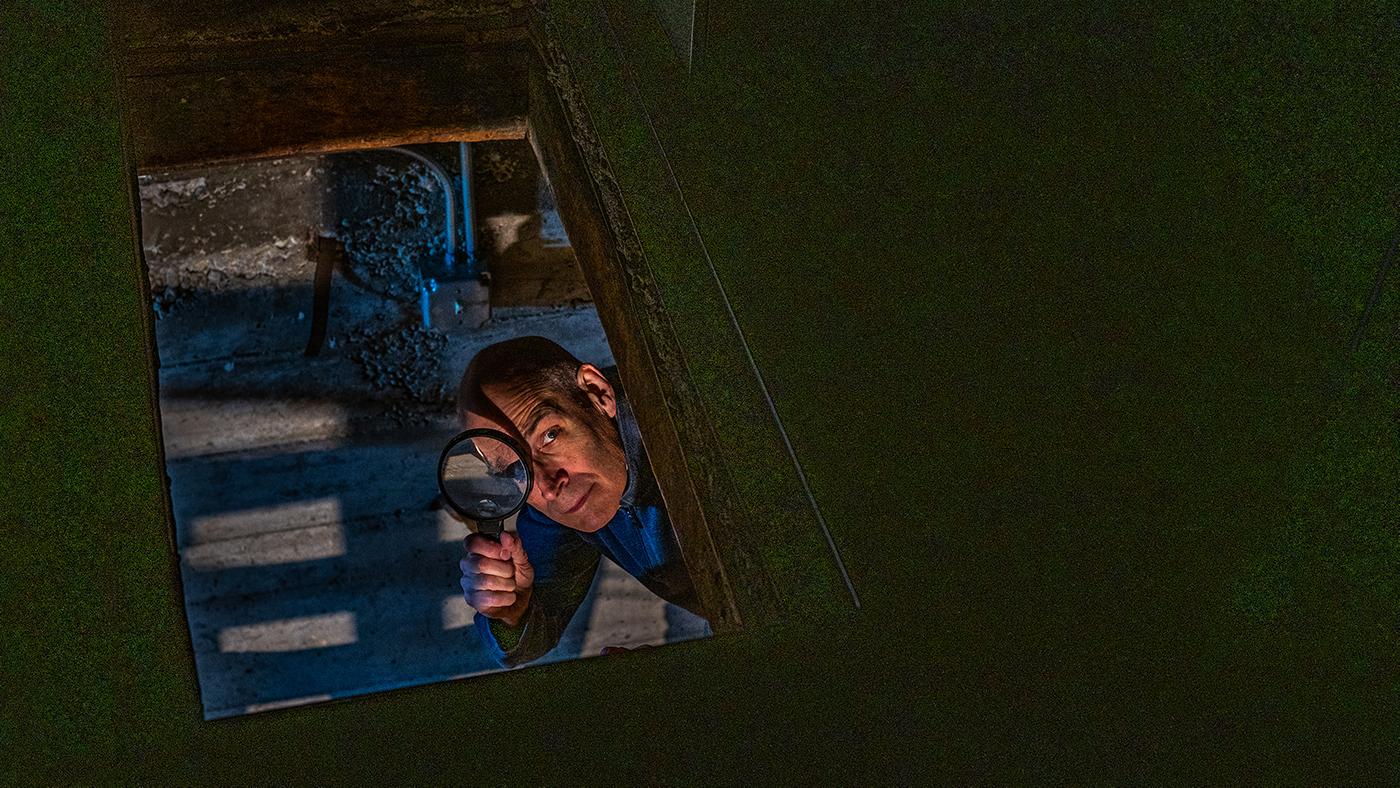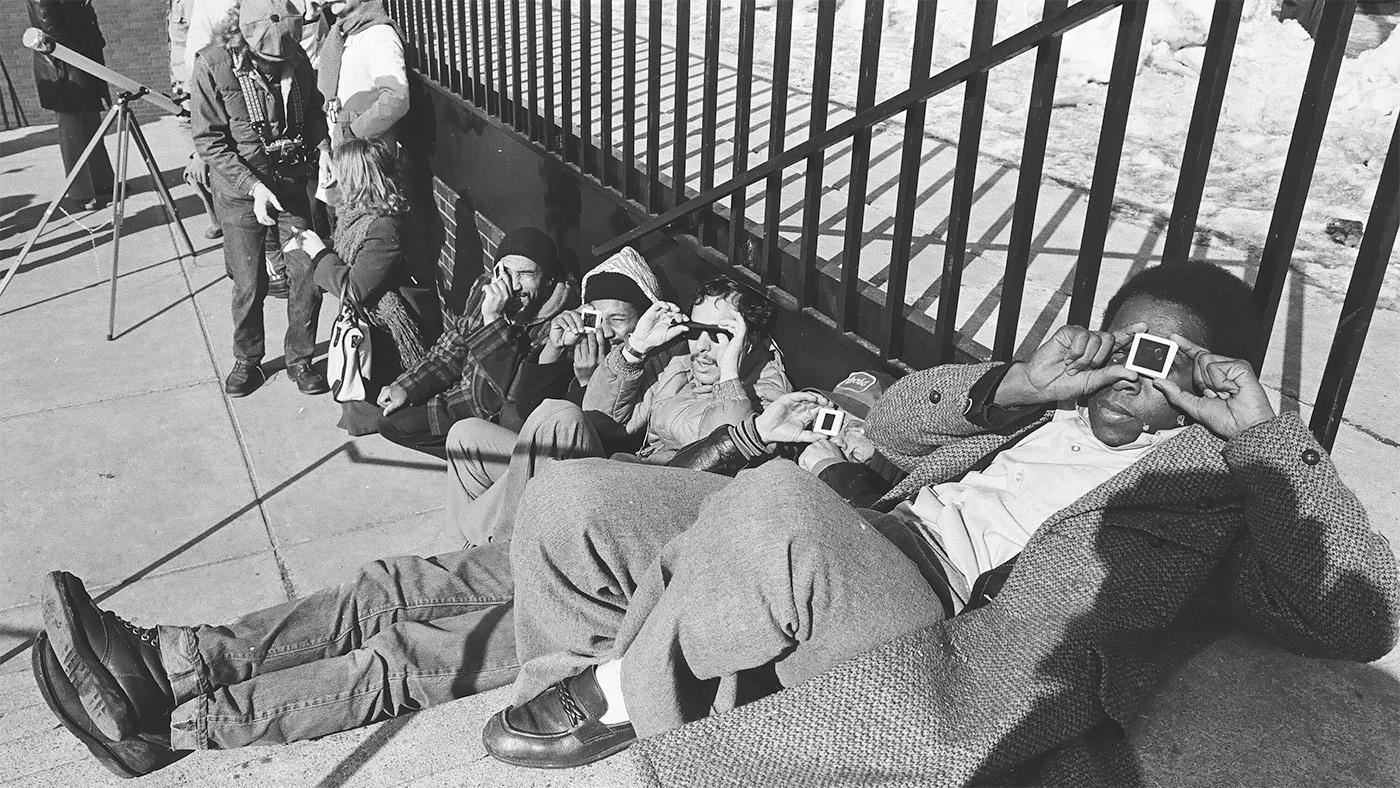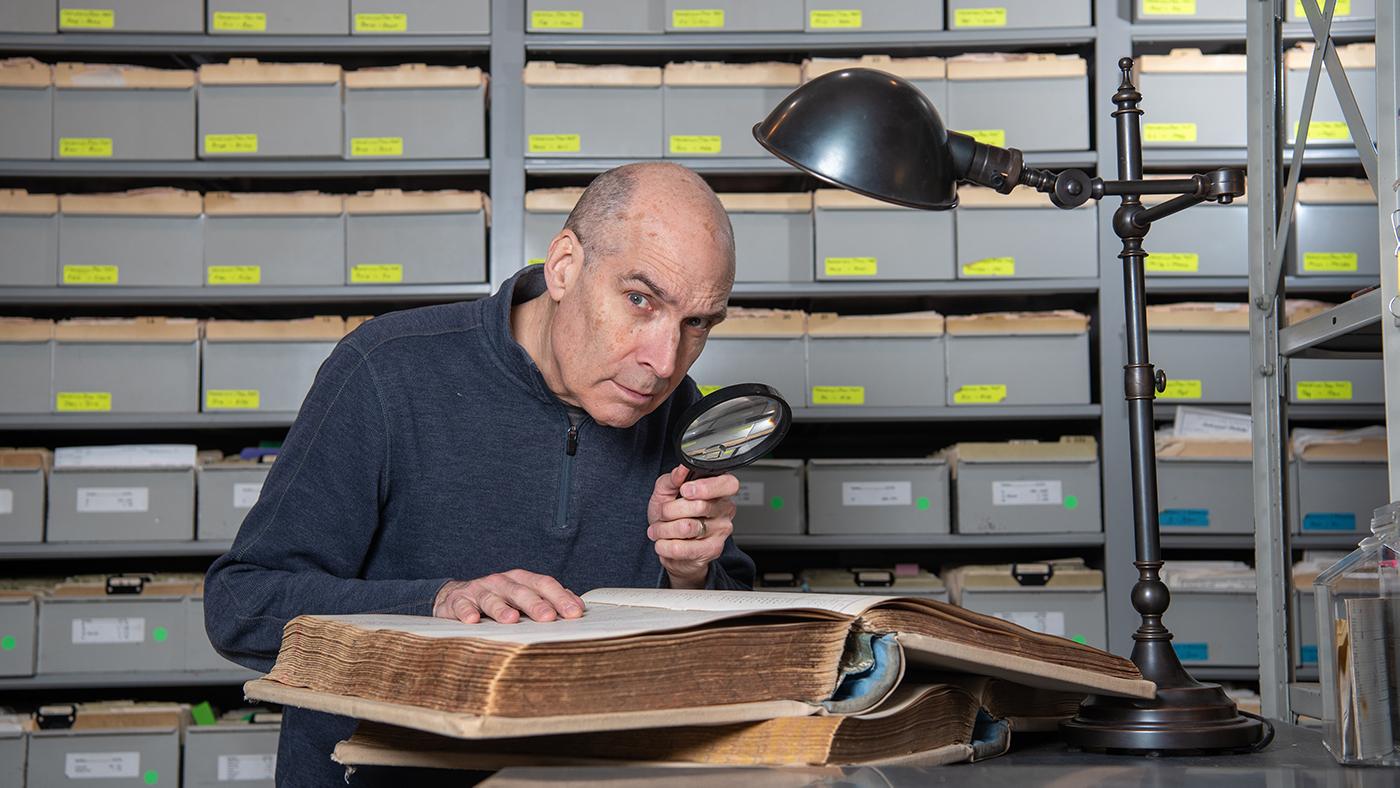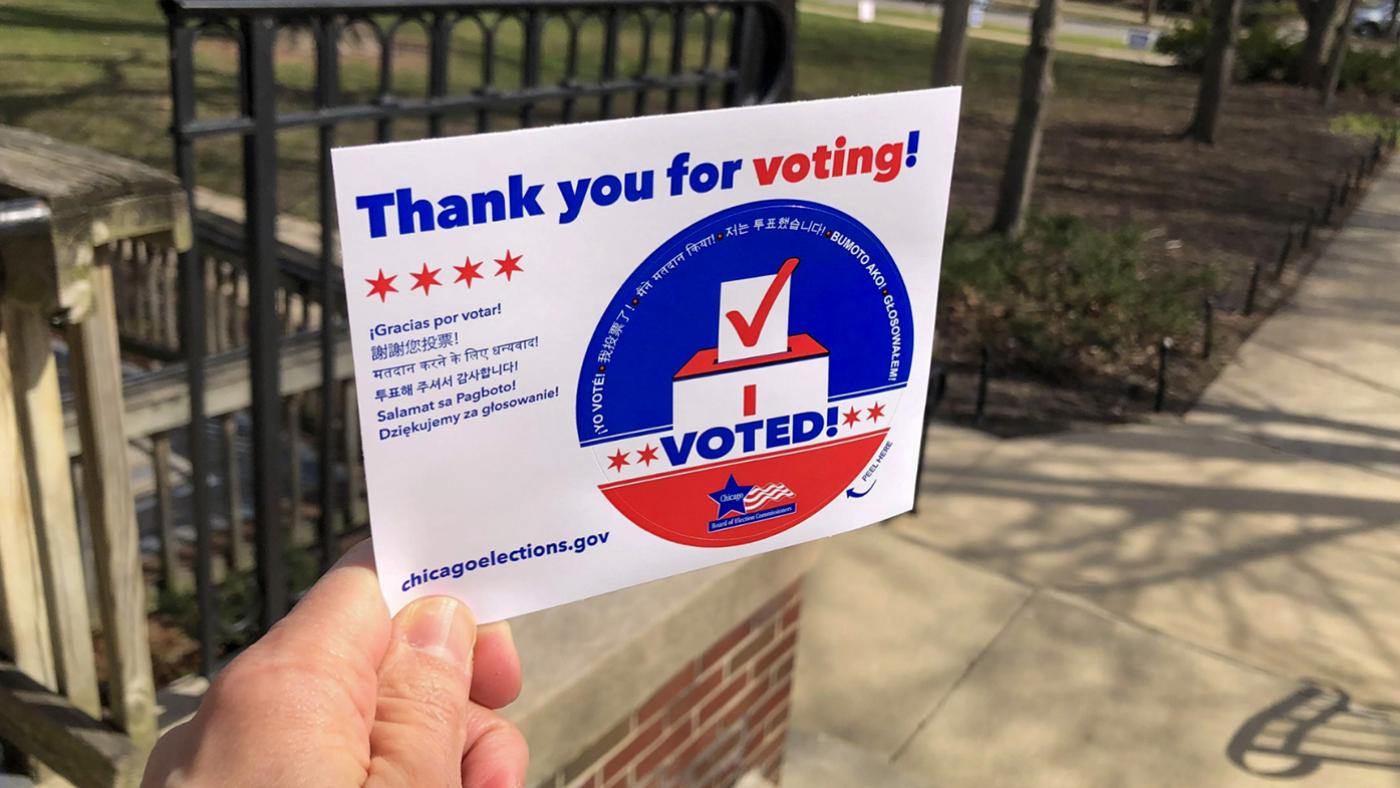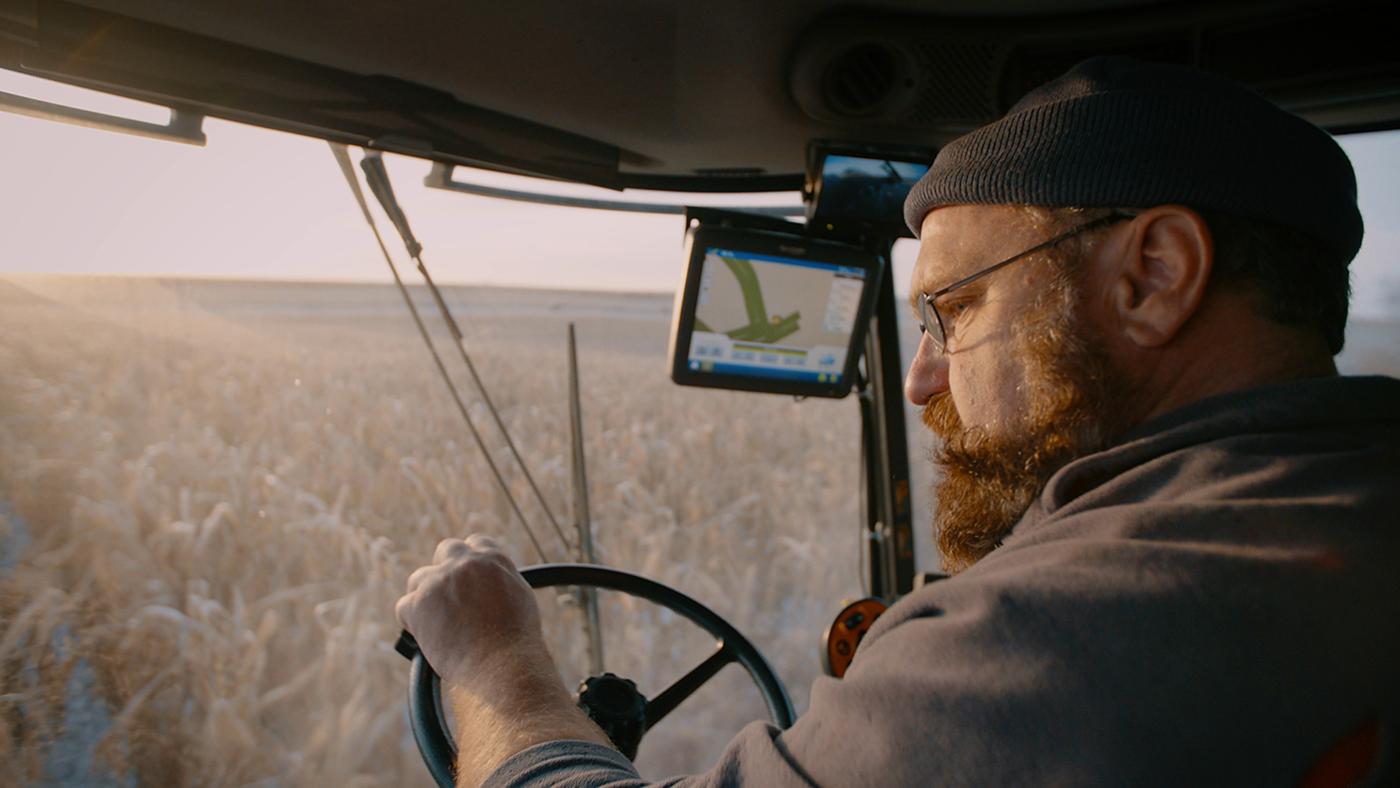'Yes to PBS': PBS's New Head of Programming on Her Plans
Daniel Hautzinger
February 16, 2021
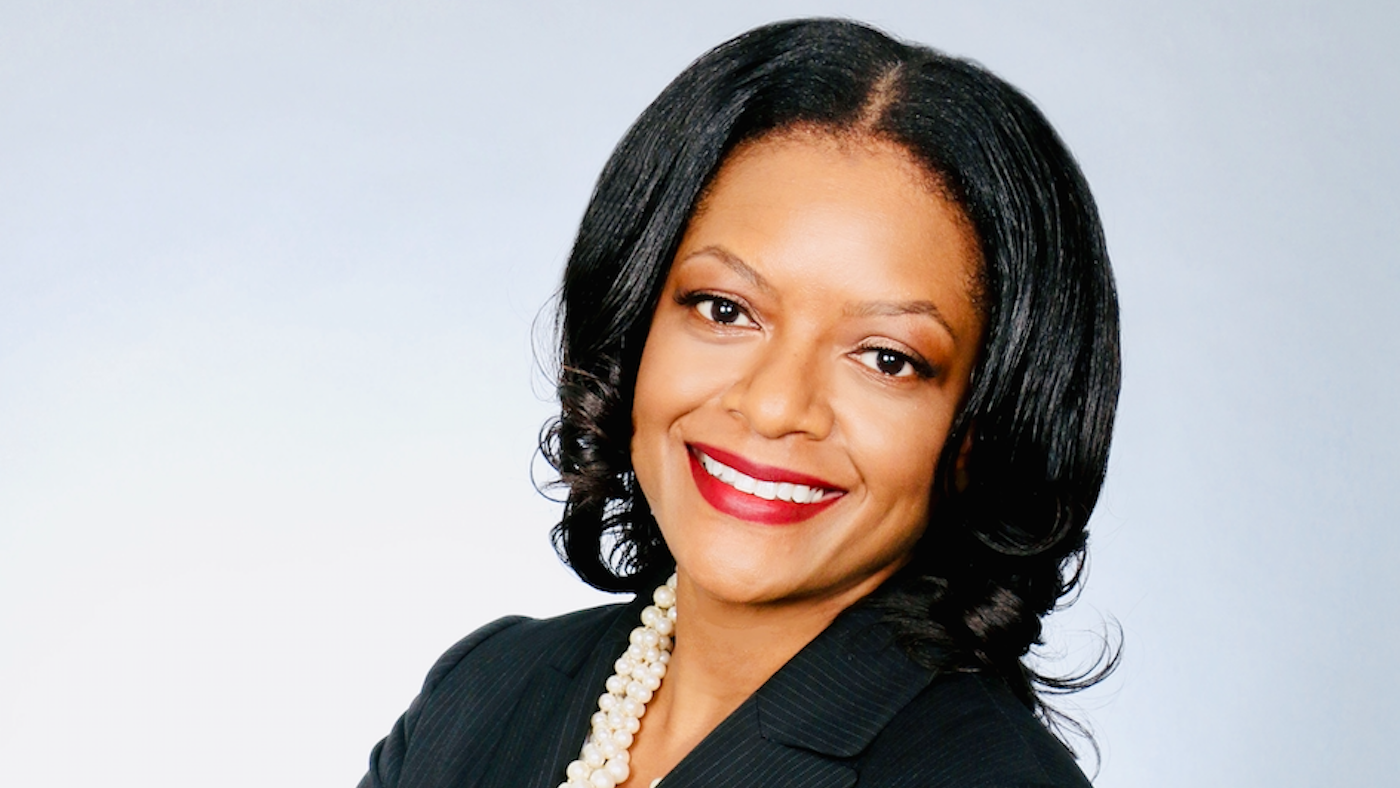
Sylvia Bugg grew up in a small town near Virginia’s border with North Carolina. “Back then, you only had a few channels, and our signal came out of Richmond, Virginia,” she recalls. “We may have been lucky to get North Carolina stations. Being from a rural area, it was so important to have PBS and a public media presence.”
Now the chief programming executive and general manager for general audience programming at PBS—that is, the person who oversees all of PBS’s non-children’s content, both digital and over-the-air—Bugg sees PBS’s mission crystallized by its importance to the small-town, rural America in which she grew up: “Being of service, and looking at ways we can help communities,” she explains, pointing out that, even though “there are many [content] streamers and many options for content, there are still places around the country that don’t have widespread broadband, or families who aren’t able to afford packages ad nauseam.
“When we look at public media and how we’ve been able to continue to serve unserved and underserved communities, that speaks to the value,” she says.
Bugg has spent most of her career in public media; in fact she began it there, at PBS, before spending years at the cable company Discovery Communications. In 2012, she returned to PBS, then moved to the Corporation for Public Broadcasting as a vice president of diversity and TV content. Early last year she became vice president of programming at PBS. Some eight months into that job, she was promoted to her current position.
It’s a challenging time for any organization, but Bugg believes that the pandemic, a reckoning with race and racism in America, and a fraught election have demonstrated the importance of PBS. “We have met the moment and will continue to meet the moment,” she says. “We’re able to do that in part because we have such a rich inventory of content and programming that is available to us and our PBS member stations.”
But a large part of Bugg’s job is planning new content. “We will look to focus on issues including social justice,” she says, pointing as an example to a new “Stories for Justice” initiative with the PBS documentary series Independent Lens. Other areas she hopes to focus on are climate and environment, health and wellness, the arts, and “democracy and voices.”
“I think that’s a unique part of public media: that in addition to the content, we’re also looking for how that content can extend beyond the platform so it can be used to reflect on conversations that people care about,” she says. PBS has more than 330 member stations throughout the country, each tied into their specific communities. “We can create engagement opportunities with our local stations built on that model of local-national,” Bugg says. “I’m particularly excited about what we can do to help create opportunities to bring sometimes opposite views and opinions and perspectives into our content as ways to extend conversations.
“We can get that kind of information in a fair and balanced way that is synonymous with PBS, which is ranked number one in terms of trust. I think in many ways, that one element—trust—is what our audiences have come to expect and that we actually deliver on.”
Digital content is also obviously an important area for PBS and Bugg, who wants to continue to emphasize the YouTube series of PBS Digital Studios as well as further incorporate digital content into PBS’s educational content and local stations’ engagement efforts. “This could be an opportunity to bring younger and newer and more diverse audiences to our platform,” she says. “How is it that we think about more innovative ways to tell stories that really do reflect where we are today?
“I think we have continued to be leaders in media, not just in terms of our content, but also in how we’re trying to drive that content throughout our platform. We will continue to find ways to serve our audience. We have always been stellar in how we remain committed to a genre like the arts; we don’t abandon that. And I think we’ve always thought about diversity in terms of our audiences, in terms of the storytellers, in terms of who’s behind the camera, in front of the camera. I really do believe that there is something in what we do for everyone.
“So yes to PBS as a kid growing up, and yes to PBS as I was growing my career, and yes to PBS now! It’s been a fantastic journey for me.”

